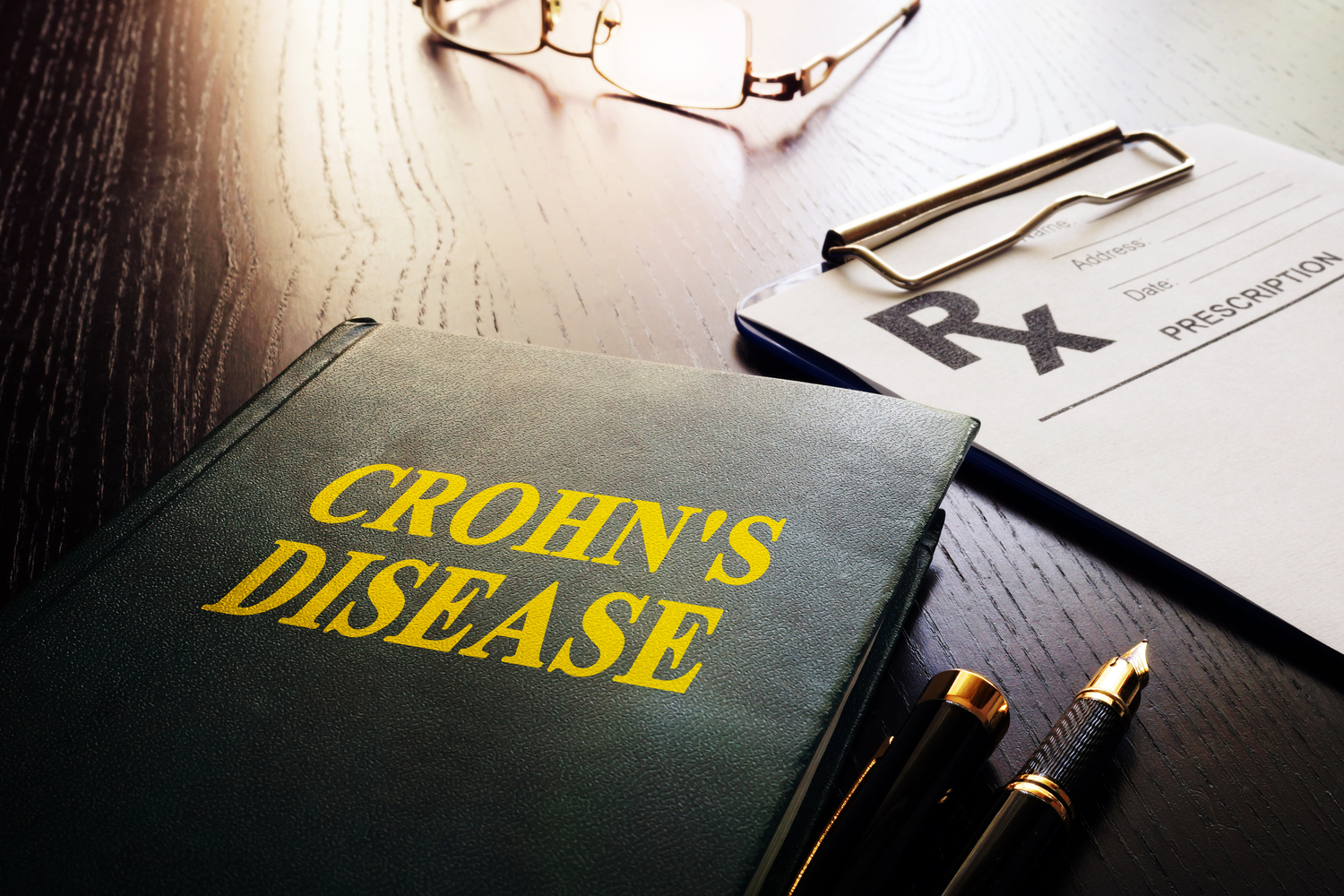
Treatment for Crohn’s disease
Crohn’s disease is an inflammatory bowel disease that affects the gastrointestinal tract, causing cramps, abscesses in the gut, anal fissures, rectal bleeding while passing stools, rapid weight loss, and extreme fatigue. While the cause for the disease is unknown, research shows that about 10 percent of the people suffering from Crohn’s disease have a blood relative with the condition as well.
Treatment options
There is no known cure for Crohn’s disease as of now, but there are various treatment options for patients to reduce and control the symptoms and manage the disease. The goal is to reduce inflammation that triggers most symptoms and avoid or address complications to prevent long-term remission.
Medication
Anti-inflammatory medication is the first step to address the symptoms of Crohn’s disease. These include antibiotics, corticosteroids, and aminosalicylates.
- Antibiotics : These may be prescribed by the gastroenterologist to address infections and complications that arise from Crohn’s disease.
- Corticosteroids : These work to reduce inflammation in the body, but not everyone with Crohn’s disease responds to corticosteroids. They are usually used for a short period to improve the symptoms and put the person on remission.
- Aminosalicylates : Either taken orally or administered rectally, aminosalicylates are used to reduce the inflammation of the small intestines. This is used rarely now, and it is mostly used to treat mild symptoms of the disease.
- Immune system suppressors : Also referred to as immunomodulators, these are medications given to reduce the immune response that causes inflammation in the body due to Crohn’s disease. They are administered either orally or are injected, and work best as a combination of certain drugs.
Other medications
Apart from addressing inflammation, treatment for Crohn’s disease includes managing or relieving other symptoms like pain and diarrhea.
- Painkillers : For mild pain, acetaminophen is generally prescribed by doctors. The other more common pain relievers like ibuprofen and naproxen sodium are not given as they can worsen some symptoms.
- Iron supplements : Since heavy intestinal bleeding, a symptom of Crohn’s disease, can cause anemia, doctors prescribe iron supplements.
- Vitamin B-12 supplements : Crohn’s disease causes a Vitamin B-12 deficiency. This vitamin is required to avoid anemia, promote normal growth and development, and nerve function.
- Calcium and vitamin D supplements : This disease causes bone loss, and the steroids taken to manage it can also cause osteoporosis. For this, the doctor may recommend taking calcium and vitamin D supplements.
Nutrition therapy
Nutrition therapy is recommended by doctors to increase the nutrition quotient and allow the bowels to rest, which reduces inflammation. This is a short-term treatment to complement immunosuppressants given for the disease. A feeding tube is used to provide nutrients, and a low-fiber diet is also recommended.
Surgery
When medication, diet, and lifestyle changes don’t provide relief, surgery is recommended, especially to address huge abscesses on intestinal walls.
Surgery is also used to remove damaged parts of the digestive tract and reconnect the healthy sections. Every person with the disease will typically go through at least one surgery, but surgeries have temporary benefits, with signs of the disease appearing again, especially near the reconnected tissue. This means that the patient should complement the surgery with medication to keep the symptoms at bay.


